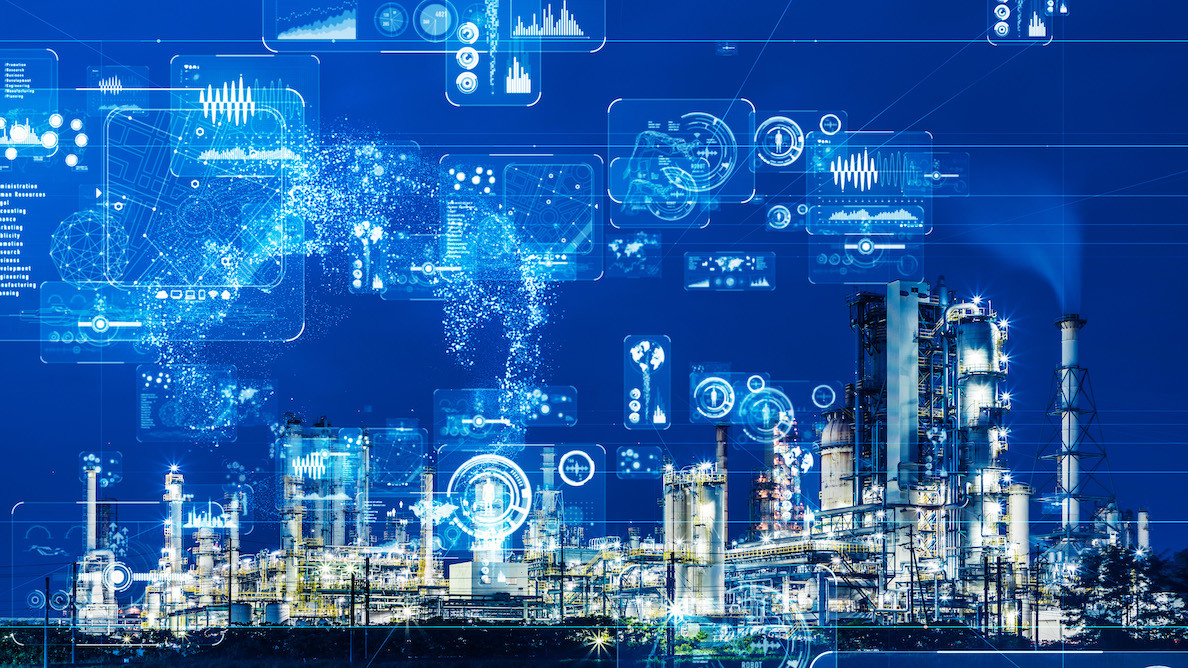Artificial Intelligence (AI) is rapidly transforming industries across the globe. The oil and gas sector is one of the major domains that is benefiting from advanced AI capabilities. AI is helping oil and gas companies optimize operations, improve productivity, enhance safety and sustainability. In this article, we will look at how AI is impacting key areas such as exploration, production, decision making and more within the oil and gas industry.
AI for Exploration and Production
One of the major applications of AI in oil and gas is in exploration and production activities. Advanced analytics powered by AI is helping companies explore new oil and gas reserves more efficiently.
Seismic Data Analysis: Oil and gas companies collect vast amounts of seismic data from exploration sites. AI algorithms are able to analyze this complex seismic data much faster than humans. Advanced techniques like deep learning are used to detect subtle patterns in seismic data that could indicate potential oil and gas reserves. This helps focus exploration efforts.
Production Optimization: AI is also optimizing production from existing oil fields. Technologies like predictive maintenance use machine learning on sensor data to predict equipment failures. This allows proactive maintenance and avoids unplanned downtime. Process automation powered by AI further optimizes production levels. Other applications include intelligent drilling, autonomous robots for inspections.
Digital Twins: Digital twins refer to virtual replicas of physical infrastructure, assets or processes. Oil and gas companies are leveraging AI-powered digital twins to simulate and optimize production from oil fields. By running various ‘what-if’ analyses virtually, companies can find the best strategies for maximizing production safely and efficiently.
These AI applications in exploration and production are helping companies reduce costs, improve recovery rates and ensure business continuity.
AI for Decision Making
One of the most strategic applications of Artificial Intelligence (AI) in Oil and Gas is in augmenting human decision making across levels. AI assists managers and executives with critical insights and recommendations.
Supply Chain Optimization: AI algorithms optimize supply chain operations by finding the best combinations of suppliers, transportation routes, inventory levels etc. This ensures Just-in-Time deliveries even during disruptions.Machine learning continually improves supply chain models.
Production and Investment Planning: For long-term planning, AI models study historical data along with market trends and demand projections. Based on this, AI recommends optimal production levels at different sites, capacity expansions required, investments needed etc. to maximize profits over the planning horizon.
Demand Forecasting: Accurate demand forecasting is crucial for the oil and gas industry. AI algorithms leverage huge amounts of structured and unstructured data from multiple sources to forecast demand at a highly granular level. This helps companies optimize production, transportation and inventory management.
Portfolio Management: Oil and gas companies constantly acquire or divest assets to align their portfolio with long-term strategies. AI assists senior leaders with portfolio optimization and asset valuation modelling to support these critical management decisions.
In summary, AI augments strategic decision making at all levels – from field operations to C-suite planning with data-driven insights, risk analyses and recommendations. This elevates decision quality and long-term business results.
AI Enabling Sustainability
Sustainability is increasingly important for oil and gas companies. Advanced AI applications are enabling more environment-friendly operations.
Carbon Accounting: AI accurately accounts for carbon emissions across the oil and gas value chain – from extraction and production to transportation and refining. This provides complete visibility for reduction target setting and monitoring.
Pollution Monitoring: AI powered sensors, drones and satellites continuously monitor air, water and soil quality near rig sites, pipelines, refineries etc. Any anomalies indicating potential spills or leaks are detected in real-time.
Renewable Energy Integration: Oil majors are investing in renewable power like solar, wind. AI optimizes integration of these intermittent energy sources within existing infrastructure to lower carbon footprint.
GHG Emission Reduction: AI models study operational data to identify areas that significantly contribute to GHG emissions. Based on simulations, AI recommends procedural or technological changes for substantial emission cuts.
In summary, AI helps oil and gas companies adopt more sustainable practices, meet ESG targets as well as navigate the energy transition towards cleaner fuels. This ensures long-term business viability amid rising environment regulations.
Moving Beyond – New AI Applications
Oil and gas companies are continuously researching new and innovative ways to apply AI beyond existing domains. A few emerging application areas include:
Autonomous Vehicles: AI powers fully autonomous robot vehicles, drones and ships for inspection of remote and hazardous oilfield infrastructure like rigs, pipelines, platforms etc. This improves safety.
Digital Oilfield: The digital oilfield concept interconnects all equipment, assets, processes and people on the oilfield/rig through AI-powered Industrial IoT and edge computing. This achieves highest levels of automation, optimization and insights.
Synthetic Data Generation: AI synthesizes massive datasets by creating ‘digital twins’ of reservoirs. This data helps train better machine learning models than what is possible with limited real data from fields.
Cybersecurity: AI detects and defends against new categories of sophisticated cyberattacks before they cause production shutdowns or data breaches. Machine learning improves cyber defenses continuously.
New Energy Services: Oil majors are offering AI-powered technologies and services to other industries like utilities, transportation for sustainability goals like predictive maintenance, renewable integration etc. as new revenue streams.
AI is revolutionizing various domains within oil and gas such as exploration, production, planning, logistics and sustainability. It is improving efficiencies, productivity and assisting strategic decisions. Oil and gas companies that leverage AI extensively are best positioned for long-term growth and business continuity amid the energy transition. The full potential of AI is yet to be realized with emerging technologies making even bigger impacts in future.
*Note:
1. Source: Coherent Market Insights, Public sources, Desk research
2. We have leveraged AI tools to mine information and compile it

